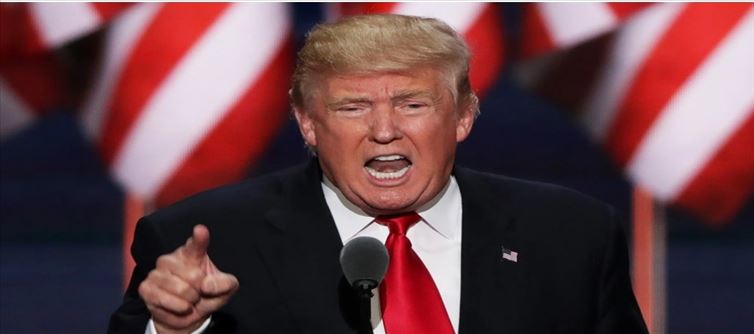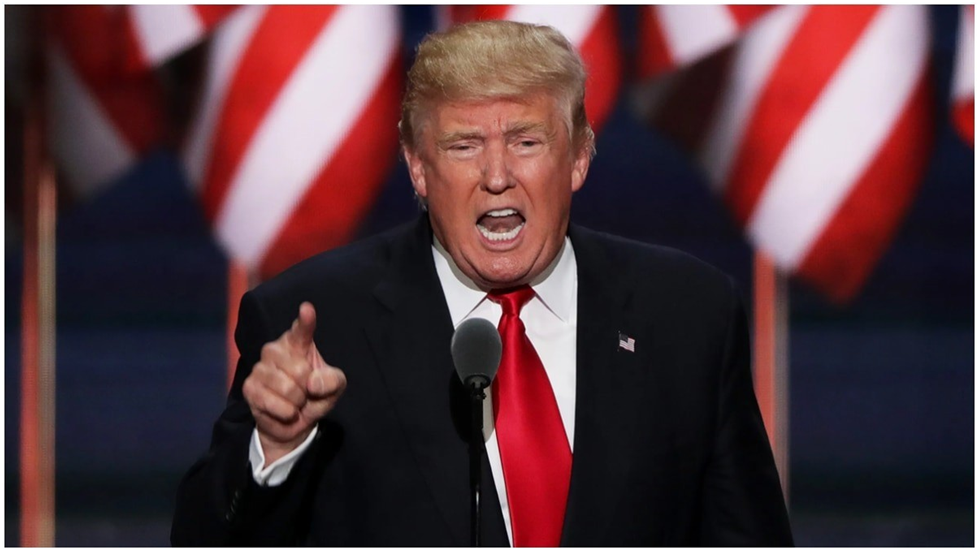

If india keeps imposing high taxes on American goods, US President-elect donald trump has threatened to put reciprocal tariffs on the nation.
During his monday speech to reporters at his Mar-a-Lago resort, trump lambasted India's tariff policies, pointing out in particular the 100% duties on several US goods.
He stated unequivocally that his government will take a tit-for-tat stance, stating, "If they tax us, we tax them the same amount." Trump's comments suggest a more aggressive trade approach with india, which he singled out along with other nations like brazil for levying what he called "high tariffs" on US imports.Trump's remarks were a part of a larger discussion about trade relations with canada, mexico, and China, among other important US allies.
"Reciprocal is a crucial word because if someone charges us, like india, we don't have to discuss our own; if india charges us 100%, do we not charge them the same? As you can imagine, we send them a bicycle after they send one in. They bill us between $100 and $200. He said, "India charges a lot."
"India levies high fees. brazil has high prices. "It's okay if they want to charge us, but we're going to charge them the same thing," trump stated, highlighting the importance of trade fairness to his economic platform.Although tariff disputes have always characterised the US-India economic relationship, Trump's remarks suggest a more aggressive posture as he gets ready to assume office.
A reporter's inquiry concerning possible trade agreements, namely with China, which he has frequently lambasted for unfair economic practices, prompted his comments.
Trump's strong trade rhetoric extended beyond India. He also discussed the continuing trade battles with canada, mexico, and China, emphasising that a key component of his administration's economic policies would be reciprocal tariffs.
There is still controversy surrounding commerce with canada and mexico, especially in relation to drug trafficking and border security.Trump reaffirmed his intention to levy a 25% tariff on all imports from canada and mexico unless both nations take steps to stop the flow of fentanyl and other illegal substances as well as migrants across US borders.
The US-Mexico-Canada Agreement (USMCA) may be severely strained as a result of this position, which would have a substantial impact on commerce between the neighbours in North America.
According to Reuters, Canada's government has already suggested spending CAD 1.3 billion on border security to curb the flow of drugs and migrants in reaction to Trump's threats.Canada plans to give its border services more authority to examine items that are headed for export to the US as part of this strategy.
With nearly 23,000 held in the 12 months preceding up to October, up from just 10,000 the previous year, the Canadian government's revelation comes amid a spike in migrant detentions along the US-Canada border.
In order to address these concerns, Canadian authorities are likewise stepping up surveillance and adding more personnel, albeit they admit that they are not able to stop southbound crossings.




 click and follow Indiaherald WhatsApp channel
click and follow Indiaherald WhatsApp channel